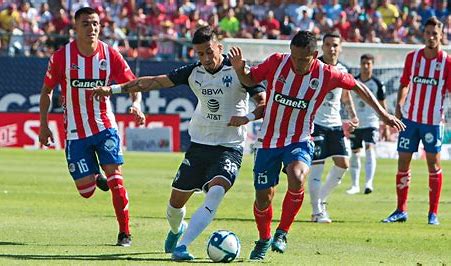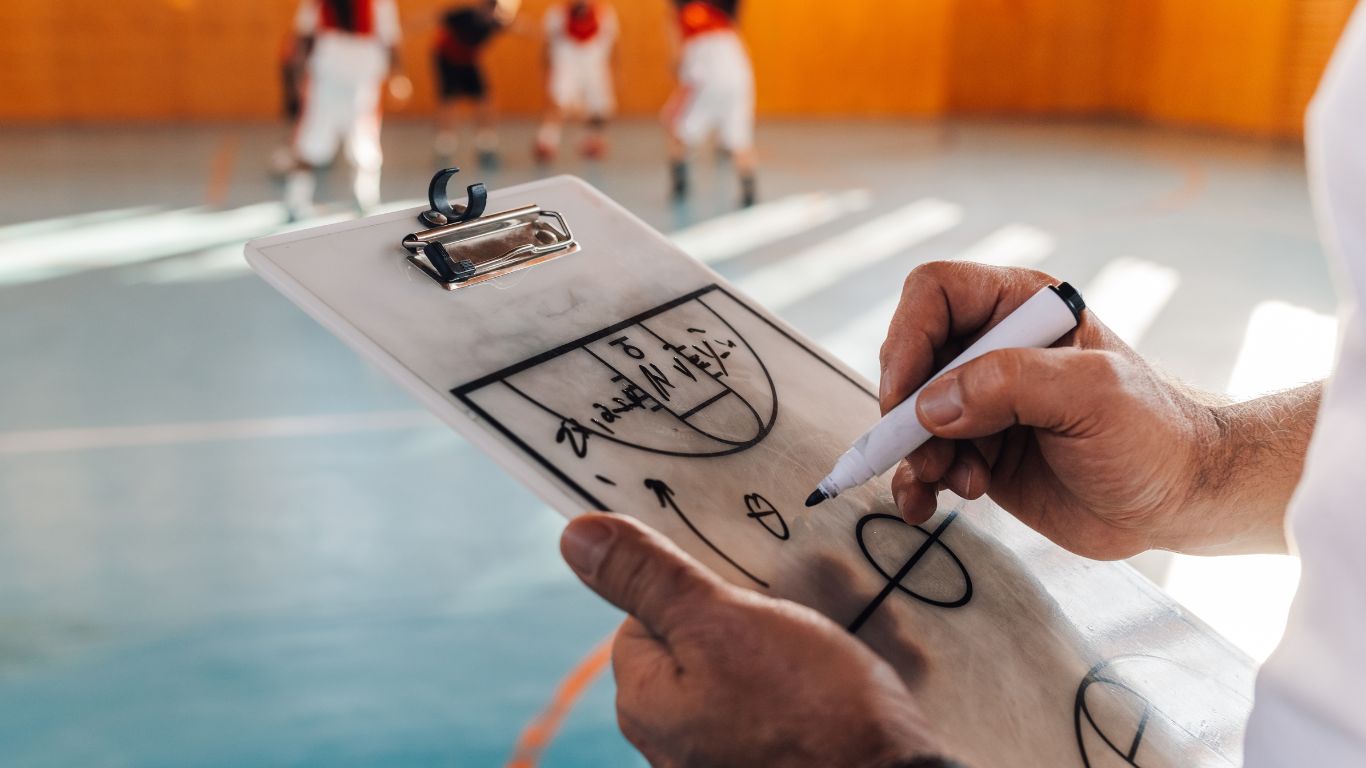Soccer isn’t just a game; it’s a global passion that starts at the grassroots. At the heart of this beautiful sport lies the development of young talent, which holds promise for the future of soccer. Parents, coaches, and youth soccer enthusiasts play a pivotal role in nurturing aspiring players into not only skilled athletes but also well-rounded individuals.

This content segment is dedicated to those involved in youth soccer, offering insights into fostering an environment that promotes growth, learning, and a deep love for the sport. By focusing on youth development within soccer, we contribute to the continuous flow of talent and ensure the vibrancy of soccer nations worldwide.
Training Tips for Youth Soccer Players
Here are some essential training tips for youth soccer players to enhance their skills and understanding of the game:
Master the Basics
Every training session should reinforce fundamental skills such as passing, dribbling, and shooting. Mastery of these basics provides a solid foundation for more complex techniques and tactics.
Build Fitness and Endurance
Physical fitness is crucial in soccer. Coaches should integrate conditioning exercises to improve players’ endurance, agility, and strength, thus preparing their bodies for the sport’s demands.
Teamwork and Communication
The pitch is a place where teamwork becomes second nature. Players should be taught the value of communication and cooperation with fellow team members, both on and off the field.
Decision-Making Drills
Soccer is a fast-paced game that requires quick thinking. Drills that encourage decision-making help players simulate game scenarios, enhancing their mental agility.
Positive Reinforcement
Ongoing feedback and encouragement are essential for players’ growth. Constructive criticism helps pinpoint areas for improvement, while praise boosts confidence and motivation.
Balance in Training
A balanced approach to training includes not just practice and games but also adequate rest and recovery. This balance is vital to prevent burnout and injuries among young players.
Learning from the Pros
Encourage youth players to watch professional soccer matches to learn about advanced tactics and strategies. Observing the movements and decisions of skilled players can be a powerful educational tool.

Tips for Coaches
Coaches are the architects of development for youth players. Here are a few considerations to enhance your coaching effectiveness:
Coach Education
Stay informed about the latest trends and methodologies in youth soccer development. Continuous learning ensures that you’re providing the best guidance possible.
Tailored Training
Every player is unique. Be adaptable and willing to tailor training programs to suit individual player needs and foster a more personalized development path.
Safe and Positive Environment
Create a healthy, safe, and positive training environment that emphasizes fair play, respect, and sportsmanship.
FAQs
What Age Is Best to Start Training in Soccer?
The ideal starting age for structured soccer training is around 5 to 6 years old. This is when children begin to develop better coordination and can follow instructions in a group setting. However, introducing basic soccer concepts through play at an even younger age can spark early interest in the game.
How Often Should Youth Players Train?
Youth players should aim for 2-3 training sessions per week, with at least one competitive match. This schedule balances skill development, physical fitness, and rest, which are crucial for healthy growth and avoiding burnout.
Can Girls and Boys Train Together?
Absolutely. Coed training sessions can be beneficial, especially at younger ages, promoting inclusivity, mutual respect, and understanding among players. Differences in physicality become more pronounced with age, at which point separate training may be more appropriate.
How Can Parents Support Their Child’s Soccer Development?
Parents can support their child’s soccer development by encouraging practice outside of organized training, attending games, and offering positive reinforcement. It’s also beneficial for parents to educate themselves about the sport and engage with coaches to better understand training philosophies and objectives.
What Equipment Is Needed for Youth Soccer Training?
Essential equipment includes a soccer ball, cleats for outdoor play, shin guards, and comfortable, sport-appropriate clothing. Clubs typically provide team jerseys and other gear for matches.
Conclusion
Investing in youth soccer development is investing in the future of the sport. Through deliberate practice, education, and a focus on well-being, we can ensure that the soccer stars of tomorrow are given every opportunity to reach their full potential. Remember, nurturing talent goes beyond the field—it’s about shaping character, resilience, and a lifelong love for the game of soccer.








